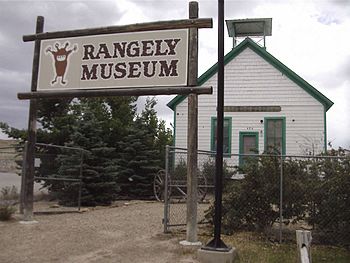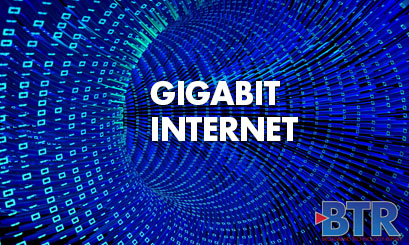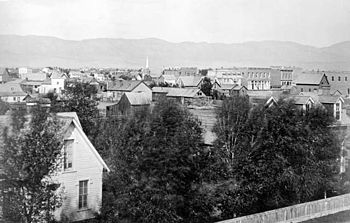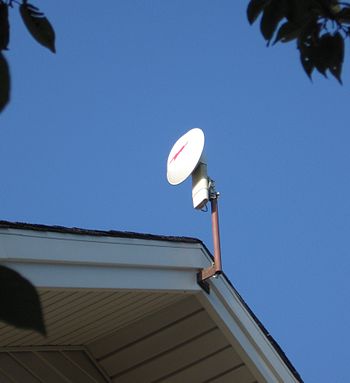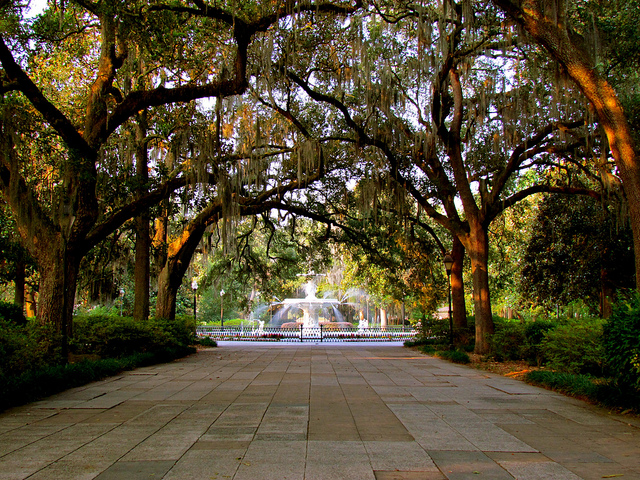Lightwave Staff
Calix Inc. will provide its fiber to the premises (FTTP) network gear to five municipal markets.
Independence Light and Power, Telecommunications (ILP, T) in Independence, IA, plans to upgrade its hybrid fiber/coax (HFC) plant to an all-fiber network to deliver managed WiFi services to subscribers and expand the company’s reach outside of the city limits. The service provider will deploy Calix 725GE optical network terminals (ONTs) and E7-2 modular access systems.
“Every week, we are adding more and more broadband subscribers who are looking for a robust and reliable broadband service,” says Josh Vandenburg, network engineer at ILP, T. “By moving to the Calix solutions, we are now able to seamlessly transition to fiber, which allows us to roll out new services and fully utilize the 10 Gbits/sec ring that runs through Independence.” Continue reading





